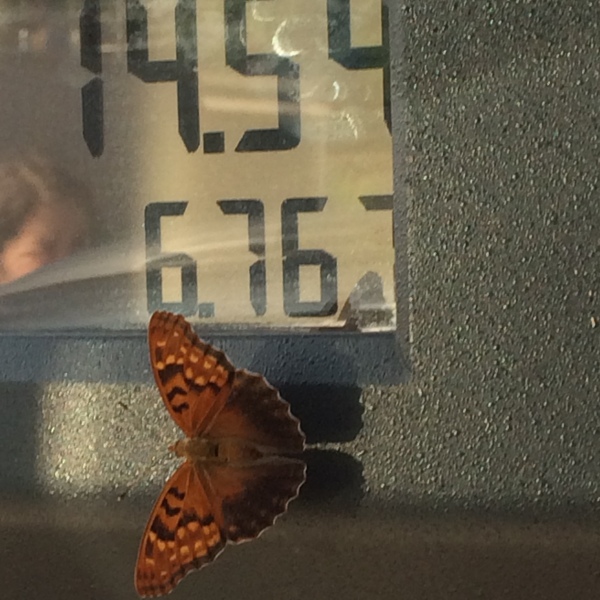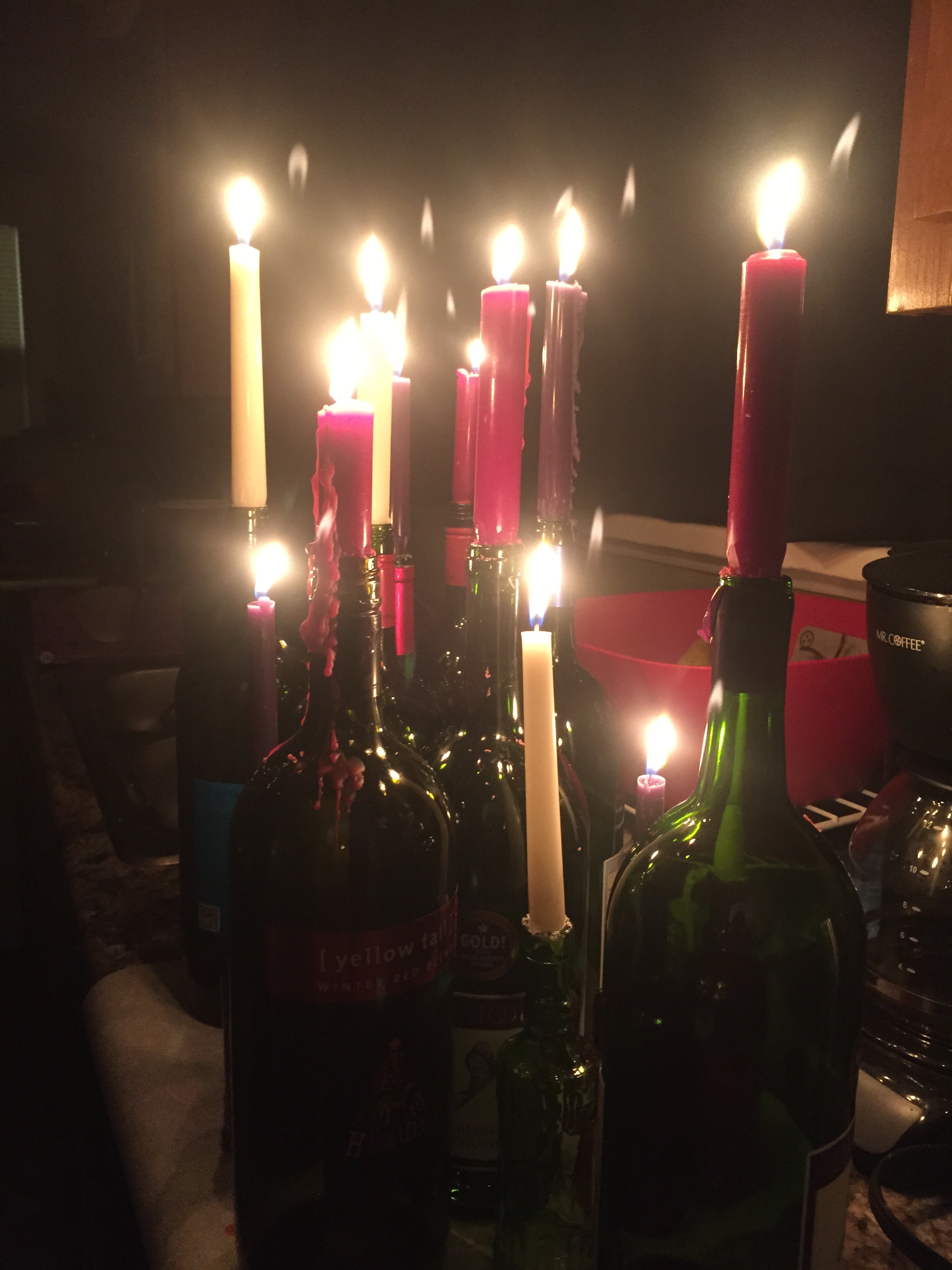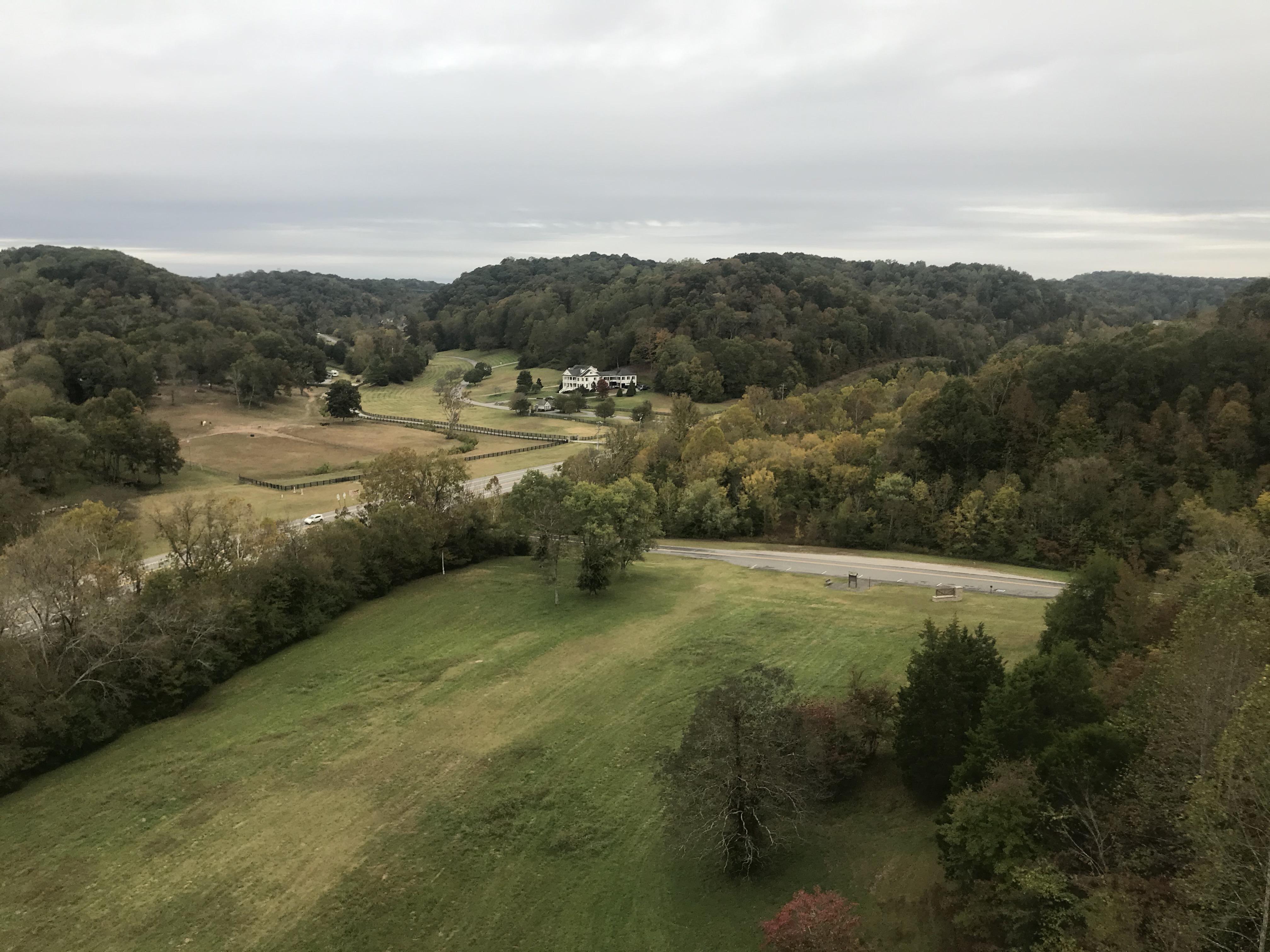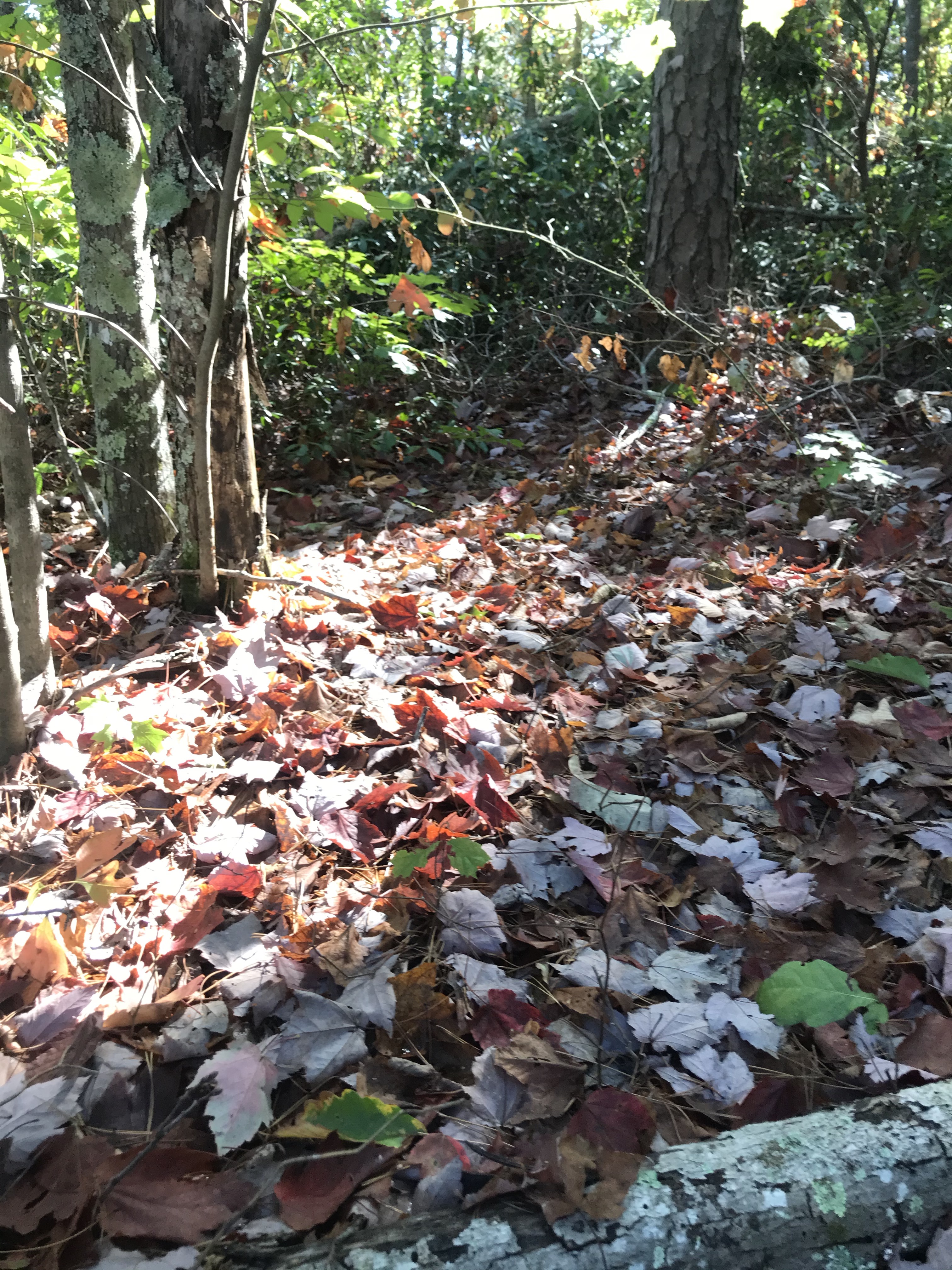This morning as my Bluetick Coonhound snores, sleeping in the one tiny sunspot on the hardwood floor, adorned by the beats of Prince, I’ve been baking sourdough bread. My purpose for baking, I thought, was for the Communion table in tonight’s service where we remember Christ’s Last Supper and where we bend down and wash each other’s feet. But what I realized as I was baking is that I needed the process of bread-making for my own heart.
I became thankful for this slow, rhythmic process this morning as it slowed my thoughts, mind and heart to the deliberate, sacred rhythm of Holy Week. What I was reminded of is that bread-making, especially sourdough bread, is a days-long process. It is s-l-o-w. It takes intentionality and purpose. It made me think of the slow food movement which promotes the slow cooking of traditional, cultural foods using local ingredients. Sounds amazing, doesn’t it? Bread is slow. It requires the nurture/feeding of a starter; it takes kneading and waiting for rise and then waiting some more. You cannot rush sourdough bread-making or you will not have bread. It’s as simple as that.
Another lovely aspect of bread-making is that it engages each of the human senses. The touch of hands is engaged in every step of this process, seeing the beauty of the bread as it becomes golden in its rise, the sounds the dough makes as you are kneading it and what the loaf sounds like when baking is complete, the glorious smell that pervades the entire house and finally the deliciousness of warm, fresh sourdough bread. It is a sensual process.
Finally, bread-making connects me. My sourdough starter, named Dolly, is very, very old and comes from a remote village in Tajikistan, a country in between Afghanistan and China. As I was baking, I thought about how many hands for how many hundreds of years used this particular strain of yeast to make bread and how many loaves nourished beloved ones of the bakers. I felt deeply connected to these bakers across the world who I have never met.
Suffice it to say, bread-making for Maundy Thursday is magical.
“Maundy” means “mandatum” in Latin and is translated as “command”, referring to Christ’s command before his death for us to love and serve each other.
I hope for a life that is full of love. Full of long conversations where time is lost track of; deep belly laughs; beloved ones who get closer to you when rough waters come and hold you up; dreams that -despite the odds- come true because of a village that makes it so; long, slow, intimate meals which turn into a whole afternoon of joyful indulgence, sunsets that quench the longing, and moments where I am completely, totally, delightfully surprised.
A life full of love requires paying attention or you will miss it.
I can’t wait to savor this bread tonight together and be thankful for Jesus’ radical love and for the ones who gather around the table trying to be people who follow that simple invitation: love God and love others as yourself.
The prerequisite to come to the table is only that you are hungry.
Let’s eat.



 In many ways, technology enables our staff at Belmont to keep us all connected! Even this Field Guide would be much more difficult to produce if we did not have the blessing of blogging!
In many ways, technology enables our staff at Belmont to keep us all connected! Even this Field Guide would be much more difficult to produce if we did not have the blessing of blogging!

